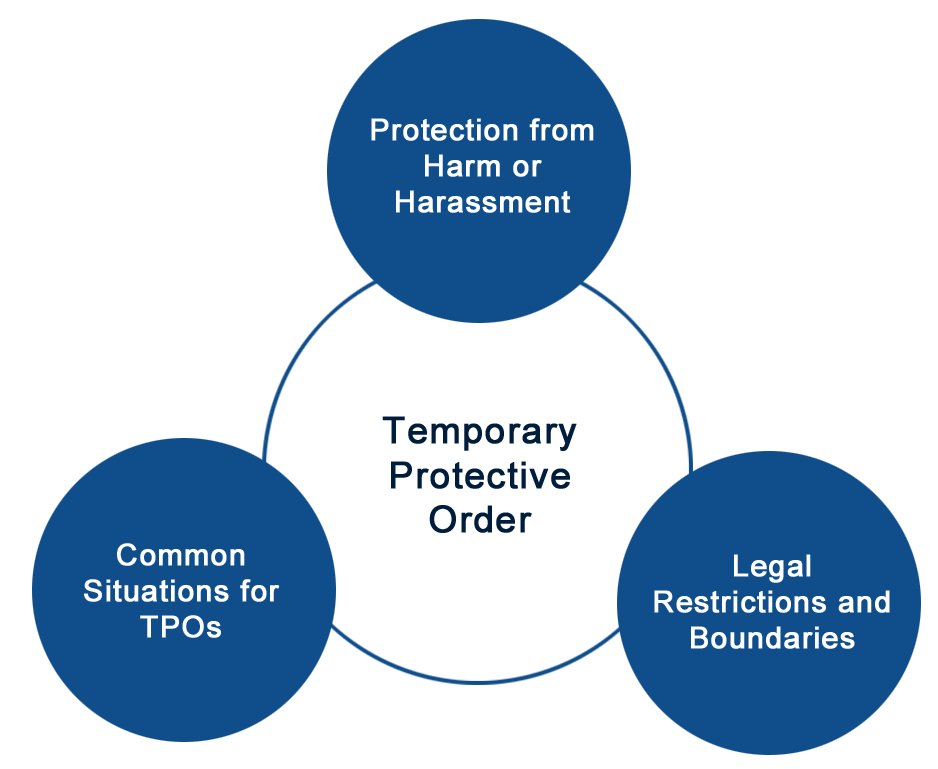
What Is a Temporary Protective Order (TPO) in Georgia?
A Temporary Protective Order (TPO), sometimes called a restraining order, is a legal order issued by a judge to help protect someone from being harmed, threatened, stalked, or harassed. It is designed to create a legal boundary between the person seeking protection and the individual causing fear or harm. Whether the threat involves physical violence, emotional abuse, or unwanted contact, a TPO can provide immediate protection by prohibiting communication and requiring the other person to stay away. These orders are commonly sought during high-conflict situations such as breakups, domestic violence incidents, or ongoing harassment. They serve as a powerful legal tool to restore safety and peace of mind.
At Zeliff | Watson, We Help Both:
Petitioners
Petitioners are individuals seeking protection through a TPO. In Georgia, a petitioner may file a TPO if they feel threatened, harassed, stalked, or have recently experienced violence. The process begins in Superior Court, often without notifying the other party. If the judge believes there is an immediate risk, a temporary order may be issued the same day. A court hearing is then scheduled within 30 days to determine if the order should be extended.
Respondents
Respondents, also known as defendants, are individuals who have had a TPO filed against them. In some situations, the accusations may be false, exaggerated, or filed for strategic reasons during a dispute. Being named in a TPO can seriously affect your personal life, reputation, and even your job. Respondents have the right to challenge the claims in court. With an experienced defense attorney, you can present your side of the story, gather evidence, and defend your rights.
Two Types of Protective Orders Handled by Zeliff | Watson:
- Stalking Protective Orders
- Family Violence Protective Orders
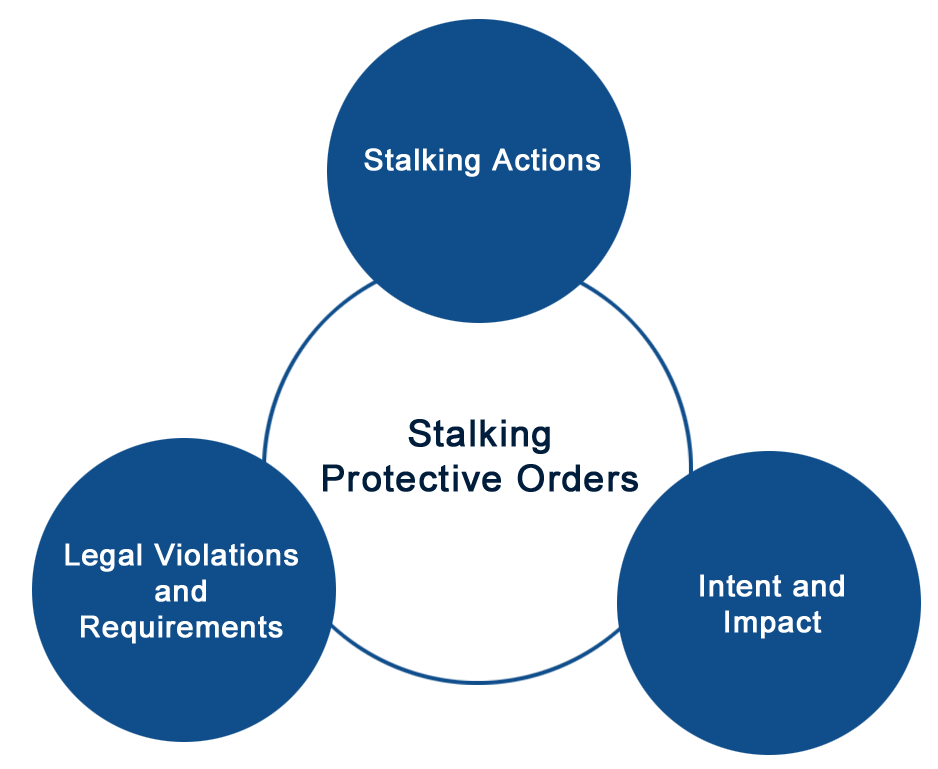
Stalking Protective Orders
To obtain a stalking protective order, the court must find:
1. Stalking behavior is occurring:
This includes actions such as:
- Following you
- Watching you without permission
- Contacting you directly or indirectly in a way meant to harass or intimidate
(including calls, messages, mail, email, or social media)
2. The behavior lacks a legitimate purpose:
It must be:
- Intentional and repeated
- Directed specifically at you
- Causing emotional distress or fear for your safety or your family’s safety
This also includes stalking that violates an existing protective order, bond, or probation condition.
Family Violence Protective Orders
To obtain this order, the court must find:
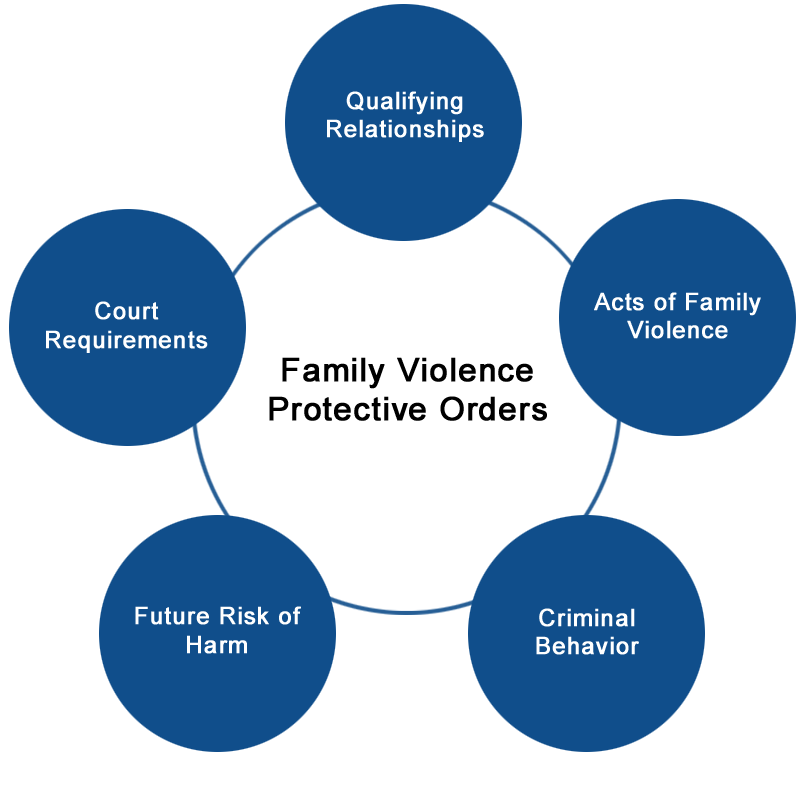
1. A qualifying relationship exists:
Examples include:
- Current or former spouses
- Parents of the same child
- Parent and child
- Step-parents and step-children
- Foster parents and foster children
- People who currently or previously lived in the same household
2. Family violence has occurred:
This includes:
- Felony charges
- Battery or assault
- Stalking
- Damaging property
- Unlawful restraint or trespassing
- Causing emotional harm
3. Protection is necessary to prevent future violence:
The judge only needs to see a reasonable concern that future violence could occur, even if no recent harm has taken place.
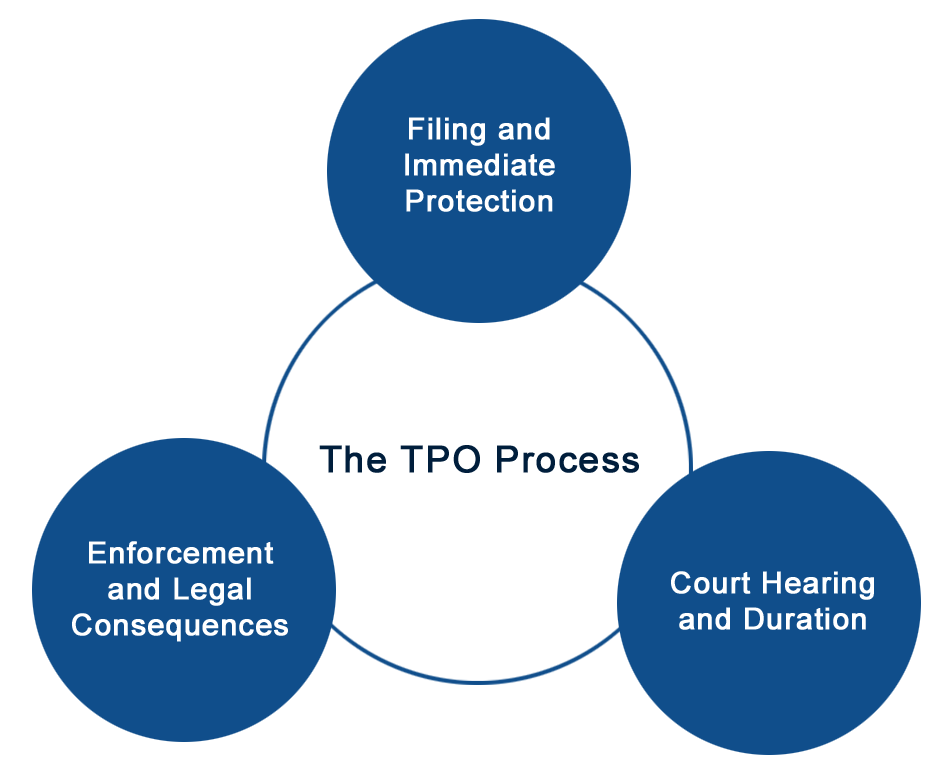
The TPO Process
In Georgia, someone who feels at risk can request a TPO through Superior Court. This is often done without alerting the other person if notifying them could increase the danger. A judge may issue a temporary order the same day if the risk is urgent.
That temporary order typically lasts up to 30 days and is meant to provide immediate relief until a court hearing. At the hearing, both sides can present evidence and testimony. The judge then decides whether to dismiss the TPO or extend it for up to 12 months or longer.
Violating a TPO is a criminal offense and can result in arrest, jail time, and fines. Even if the order seems unjust, you must follow it until the court says otherwise. If you are seeking protection or defending yourself against false claims, experienced legal counsel can make a meaningful difference.
What Must Be Proved
At a TPO hearing in Georgia, the petitioner must prove their case by a “preponderance of the evidence,” meaning they must show the judge it is more likely than not that abuse, threats, or stalking occurred and that a protective order is needed to prevent future harm. On the other hand, the respondent can challenge the claims by presenting evidence that the allegations are false, exaggerated, or taken out of context, with the goal of convincing the judge that a protective order is not necessary.
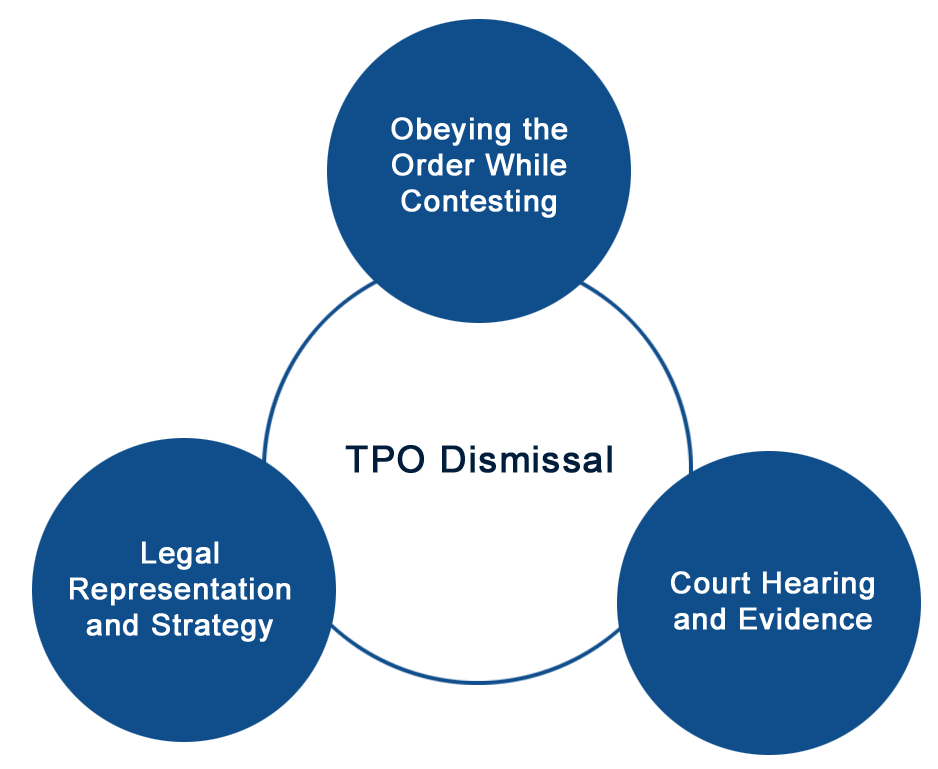
Having a TPO Dismissed
If you believe a TPO filed against you is false or unjustified, you have the right to contest it in court. First, you must follow all terms of the order, even if you disagree. Violating it can lead to arrest or additional charges.
A hearing is usually scheduled within 30 days. This is your opportunity to present your side. You may provide texts, emails, or witnesses to support your case. Sometimes, TPOs are filed to gain leverage in breakups or custody battles.
Many respondents choose to work with a defense attorney who can help organize evidence, question the accusations, and ensure the judge hears the full context. If the court finds the claims lack merit, the order can be dismissed.
A Track Record of Results on Both Sides
At Zeliff | Watson, we have a proven record of helping clients secure TPOs when they are truly needed for safety. Judges require real evidence before granting these orders. That’s why we focus on collecting documentation, preparing witnesses, and clearly presenting the facts.
We also defend clients falsely accused by someone misusing the TPO process. In emotionally charged situations, these tactics can be used as retaliation or manipulation. We work to bring the truth forward and protect your rights.
TPO Granted: Wife Protected After Exhausting All Other Options
Zeliff | Watson recently represented a woman who had endured a long period of emotional abuse and escalating control from her husband. For months, she tried everything she could to help him—encouraging therapy, involving family members, and seeking peaceful solutions to de-escalate the situation. Despite her efforts, the abuse continued and worsened.
Recognizing that her safety was at risk, she turned to Zeliff | Watson for help.
The firm moved quickly to file for a Temporary Protective Order (TPO). At the hearing, they presented strong evidence of the husband’s abusive behavior and showed that the client had made repeated good-faith attempts to avoid legal action. This context made it clear that the TPO was not an act of retaliation, but a necessary step to protect her well-being.
The judge granted the protective order, giving the client immediate legal protection and the ability to begin rebuilding her life in safety.
Zeliff | Watson understands the emotional complexity of these situations and provides swift, strategic legal support when every other avenue has been exhausted.
Case Dismissed: False Stalking Allegation Between Neighbors
In one case, a disagreement between neighbors escalated and our client, “Pam,” was shocked to find a TPO filed against her by her neighbor “Debbie.” Debbie accused Pam of stalking, hoping to use the court system to intimidate her.
Pam came to Zeliff | Watson for help. At the hearing, we provided a key piece of evidence—a text message from Debbie threatening to “whoop” Pam. Combined with other supporting facts, we successfully showed Pam was not the aggressor.
The judge dismissed the TPO entirely.
Case Dismissed: Teen Falsely Accused of Stalking
We also defended a high school student falsely accused of stalking his girlfriend’s parents. Although tensions had built between the families, the teenagers had been in mutual communication.

We presented a clear timeline of messages and emails to show the contact was wanted. In Georgia, stalking requires proof of repeated unwanted contact.
After reviewing the evidence, the judge dismissed the case.
Preparing to Win
At Zeliff | Watson, our approach to TPOs is built on three core pillars: Protection, Empowerment, and Achieving the Best Possible Outcome.
We protect your rights by immediately building a strong, evidence-based case. Petitioners receive help collecting the proof necessary to support their safety. Respondents get a robust defense that challenges false or exaggerated claims.
We empower you through clear communication, helping you understand the legal process, your options, and the strategy being used on your behalf.
We aim for the best outcome possible, whether that means ensuring your safety or clearing your name. You deserve peace of mind and the chance to move forward without fear.
Schedule a free, no-obligation case evaluation today. Let’s talk through your case, answer your questions, and help you take the next step with confidence.
A Simple Process to Getting Started

Schedule a Free Case Evaluation
Schedule a free, no-obligation, and confidential case consultation in person, online, or over the phone. This will help you understand how your case can be challenged, potentially leading to a reduction, dismissal, or acquittal of your charges. Click here to schedule your case evaluation.

Meet Our Defense Team and Conduct a Case Evaluation
During your free case evaluation, you’ll have the opportunity to ask questions, receive answers and legal guidance, and collaborate with our attorneys to better understand your side of the story, gather evidence, and devise a strategy to achieve the best possible outcome for your pending criminal charges.

Start Defending Your Case
After your free case evaluation, Zeliff & Watson will assist in preserving evidence and safeguarding your rights, ensuring your protection throughout the process. The defense team will also provide a proposed fee to represent your case, with the goal of achieving the best possible outcome.

